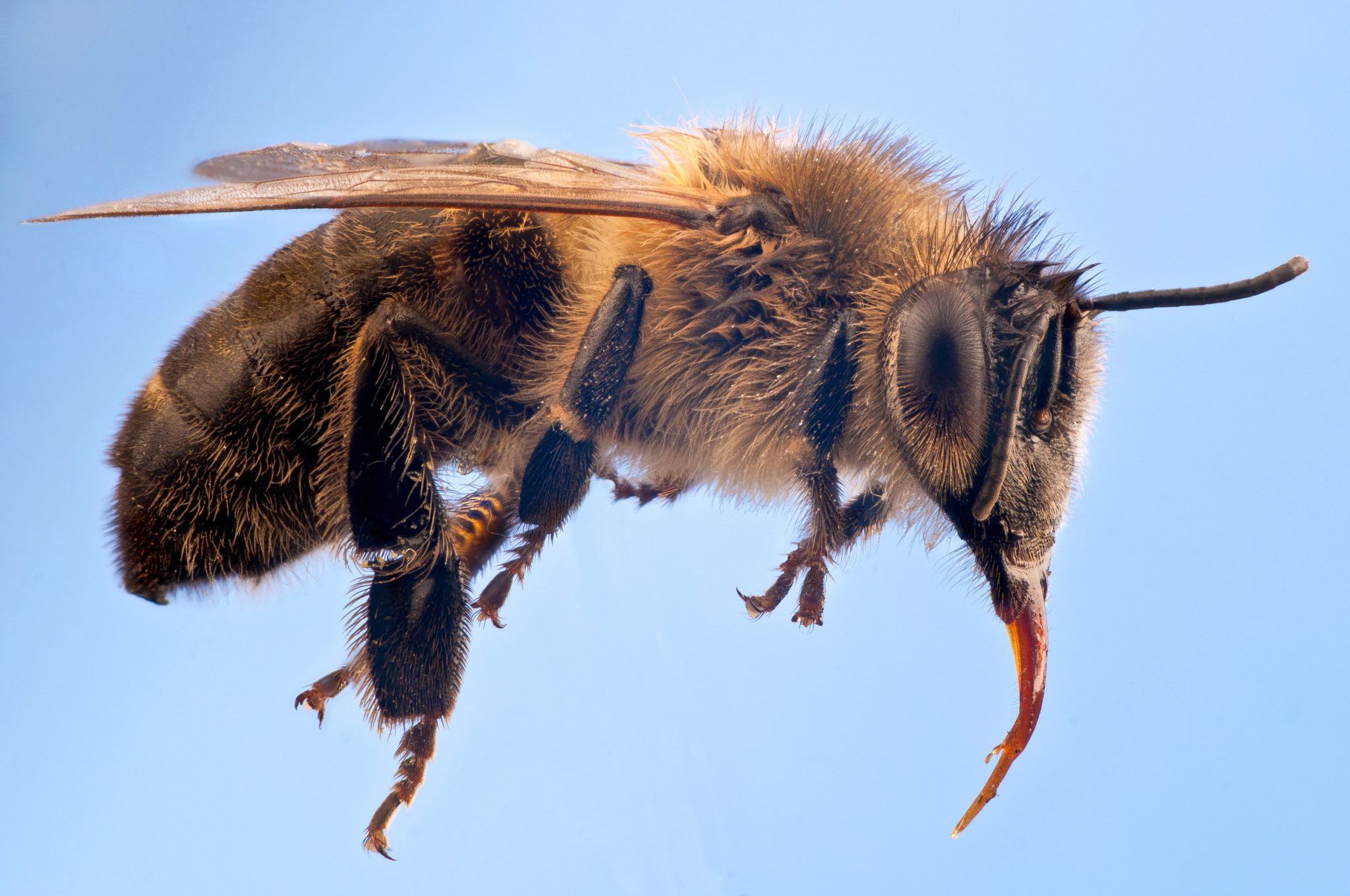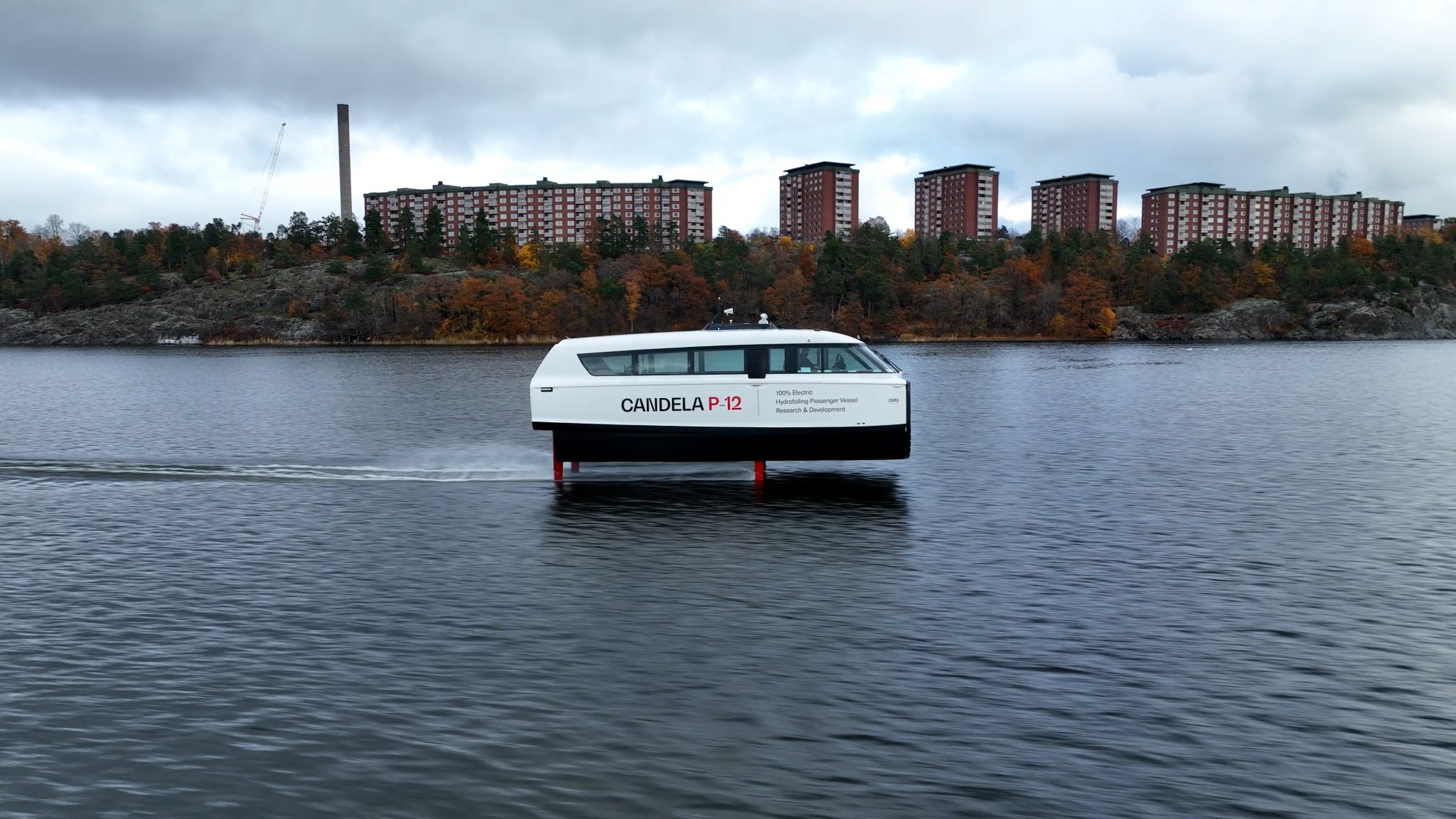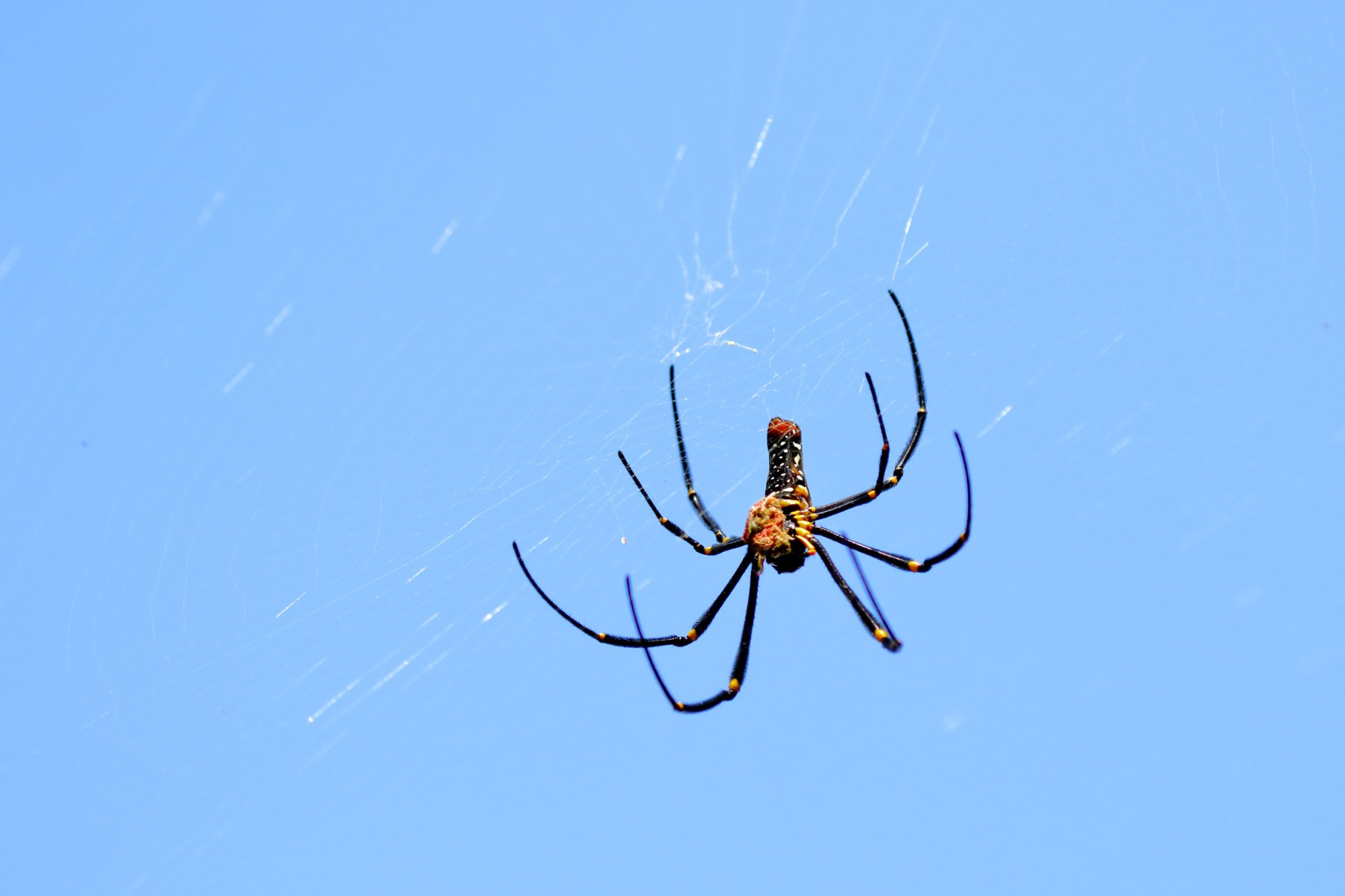As a growing body of evidence points out, shifting our diets towards more plant-based meals can have an incredible impact on curbing humanity’s global carbon emissions.
The city of Milan is well aware of that. That’s why, in 2015, it decided to tackle its CO2 emissions by reducing meat consumption in one particular sector: the city’s school cafeterias. Five years after tweaking the schools’ cafeteria menus, the Italian city managed to achieve a 20 percent reduction in its greenhouse gas emissions — the equivalent of taking around 12,700 cars off the road.
A key component to pulling this off was working together with Milano Ristorazione, the city’s largest school canteen supplier, to develop meals that are both healthier for the kids and better for the planet. Menu tweaks included transitioning meals away from red meats towards plant-based ingredients or meats with a lighter environmental footprint, such as poultry.
“Among the main changes introduced are the carrot pie, the turkey stew and the soy ragù for lasagna and pasta – dishes appreciated by children who eat lunch every day at school,” says the Chair of Milano Ristorazione, Bernardo Notarangelo, whose organization serves 85,000 meals every day to Milan’s school children.
The initiative also received support from the World Resources Institute’s Cool Food Pledge, which helps member organizations, including cities, restaurants, and universities, to track and reduce the climate impact of the food they serve. Milan has been a frontrunner in adopting green food policies, having held the title of the most sustainable city of those participating in the Cool Food Pledge.
Next, the city is preparing to lead a consortium as part of the FOOD TRAILS project — an EU-funded project aiming to bring together relevant stakeholders to accelerate the transition of global food systems towards sustainability.










